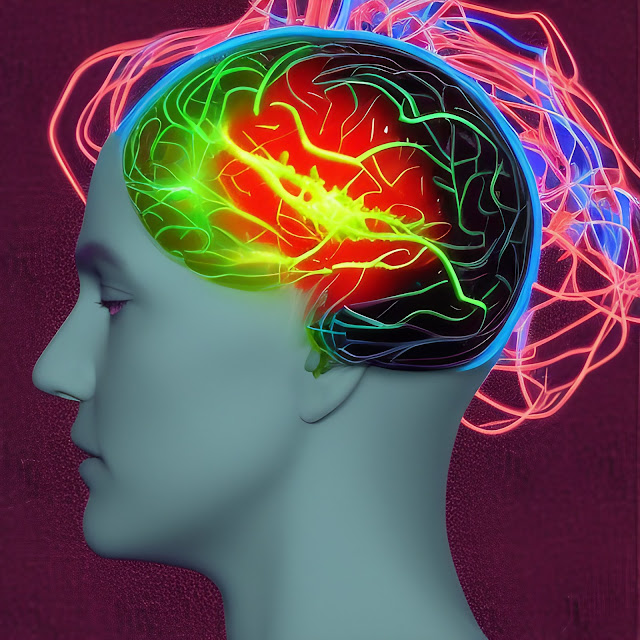BRAIN-BASED PAIN TREATMENTS
BRAIN-BASED PAIN TREATMENTS
A study published in JAMA Network Open offers fresh insight into helping people manage chronic back pain. Researchers focused on the link between the brain and pain, specifically exploring how a person’s beliefs about the source of their pain—known as pain attributions—can influence how much pain they feel.
“Millions of people struggle with chronic pain, and for many, existing treatments just aren’t cutting it,” said Yoni Ashar, PhD, the study’s lead author and an assistant professor at the University of Colorado Anschutz Medical Campus. “That suggests we’re missing something important in how we approach diagnosis and treatment.”
Ashar’s team set out to find whether changing the way people think about their pain—shifting the belief from a purely physical problem to something the brain can generate—could actually help reduce pain. They tested pain reprocessing therapy (PRT), a method that teaches people to interpret pain signals from the brain as less threatening. The results were promising: after PRT, participants reported feeling less back pain.
“Our research shows that talking with patients about what’s causing their pain, and helping them understand that pain is often generated by the brain, can make a real difference,” Ashar explained.
The randomized trial included more than 150 adults with moderate to severe chronic back pain. Two-thirds of those who underwent PRT reported being pain-free or nearly pain-free after treatment, while only about 20% of people in the placebo group saw the same results.
“This is important because patients often have mistaken beliefs about their pain,” Ashar noted. “Most people don’t think their brains are involved at all, and that can actually get in the way of recovery, especially when it comes to making decisions about surgery or psychological treatments.”
Before starting PRT, only 10% of participants thought the therapy targeted the mind or brain. After treatment, that number jumped to 51%. The greater the shift in perspective—seeing pain as something the brain might be producing—the more relief participants reported.
“These findings highlight that changing how people think about the brain’s role in pain can really improve outcomes,” Ashar said.
One possible reason? If patients recognize their pain as a product of the brain, they may realize there’s nothing physically wrong with their bodies. Instead, the pain is a ‘false alarm’ from the brain—something they don’t have to fear.
Ashar and his team hope their research will nudge healthcare providers to look beyond just the physical causes of pain and consider the psychological factors as well.
“Too often, conversations with patients are all about physical causes,” Ashar said. “We want to give patients every chance at relief, which means considering treatments that address the brain’s role in chronic pain.”




Comments
Post a Comment